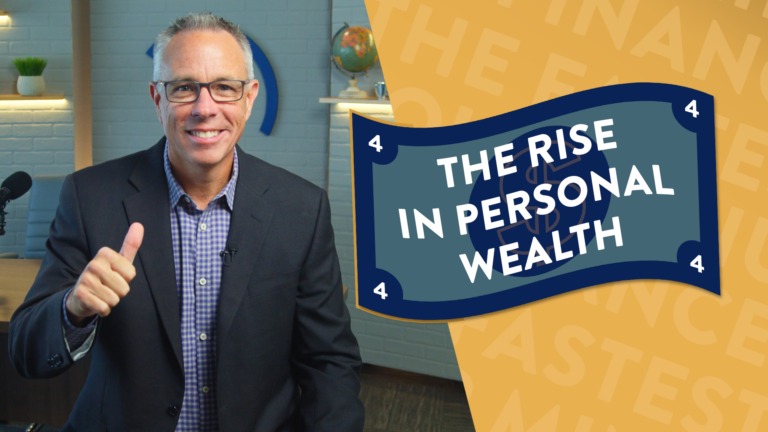March Madness Busting the Odds: Why Predictions are Futile
March Madness is in full swing, and my bracket is in the trash, again. I’m sure I’m not alone. Predicting what will happen in the NCAA basketball tournament is as close to impossible as you can get. According to the NCAA, there is a one in 9.2 quintillion chance of guessing a perfect bracket. Of course, we aren’t looking for perfection, I just wanted to be better than everybody I was competing against. I guess there’s always next year.
But, as humans, we love to try to predict the future. Whether it’s a ball game, the weather forecast, or the stock market. And there is great value in it. Obviously, knowing if a storm is possible, helps us prepare.
Dangers of Predictions in Investing
At the same time, when it comes to investing, we have to be careful not to let a prediction, scare us, or excite us. It can cause us to do the wrong thing, at the wrong time, for the wrong reason.
Tech Bubble or Fundamental Shift? Analyst Views
I recently read a 12-month roadmap from a large investment company, that outlined 5 scenarios that could play out in the U.S. economy in the next year. They assigned probabilities to each of these scenarios.
They believe there’s a 40% probability that we will actually achieve the Federal Reserve’s soft landing… other probabilities include:
- No landing, at 30%, which would mean the economy is still strong and the Fed delays cutting rates
- A growth scare, at 20%, which would mean signs of a recession, but no recession
- A recession at 10%
- Stagflation at less than 1%
Favorable Forecast vs Past Recession Talk
Generally, this a favorable forecast, which is a complete reversal of what most economists have been saying for the past two years. Recession odds have been dropping for the past year, as the stock market has been rising. If you made your investment decisions based solely on economic predictions you would probably be behind on reaching your financial goals.
4 Year Pandemic Market Performance
Here’s an example. Last Saturday, March 23rd, marked 4 years since the stock market hit its pandemic low. Here’s what you should know:
- From March 23rd, 2020 to March 22nd, 2024, the S&P 500 Index has a cumulative return of 133.9%
- That’s an average annual return of 25.7%
- Keep in mind, that includes a bear market in 2022
Long-Term Advisor-Guided Investing
It’s understandable that the very real economic shutdown, and predictions about how it could get worse, could cause an investor to jump ship and stay on the sidelines for a long period of time. But, bottom line – keeping a long-term mindset, and working with a financial advisor, can keep you from being lured into acting on predictions, and keep your financial goals in sight.
The opinions voiced in this video and blog are for general information only and are not intended to provide specific advice or recommendations for any individual. To determine which strategies or investments may be suitable for you, consult the appropriate qualified professional prior to making a decision.





